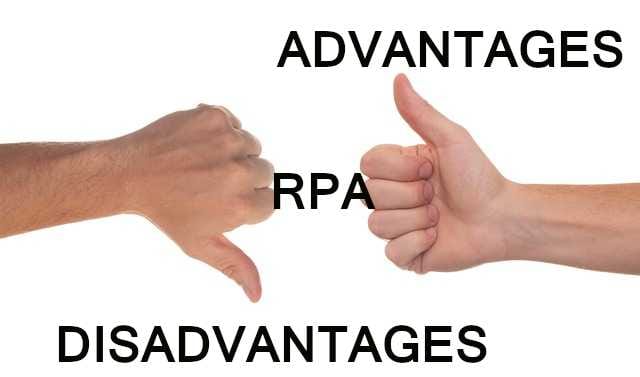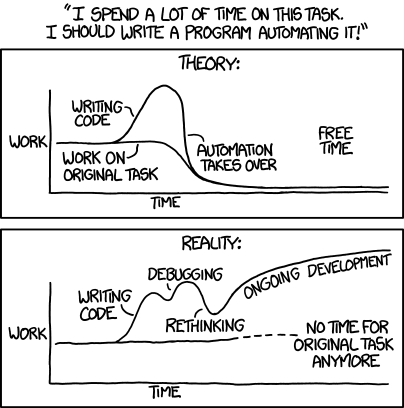
Cost of doing nothing
When a business is operating its processes on computer systems there is the potential for automation.
“If it ain’t broke, don’t fix it” is a common thought process for mangers operating businesses. Of course, any change introduces disruption and an element of risk , as all changes have positive and negative elements. But what is the “Cost of doing nothing”?
The major costs of maintaining the status quo are hidden. They are:
- the on-going costs of operating the process has become standard, built into the budget, it is just accepted. Typically, the cost will have been consistent since implementing the process.
- If it is possible to perform the same process more efficiently and cheaper, the nature of competition means that some organisation will already be doing it or working to achieve that higher efficiency and lower cost.
Doing nothing means competitors are gaining an advantage, which although it might take time to emerge will occur at some point. This is why businesses that fail to improve their “Day to Day” operational performance always run into problems.
Doing nothing and waiting does not reduce the actual disruption that occurs from implementing a change.
Doing nothing is a “Sunk” cost, it can never be recovered. You cannot go back in time and re-process data more efficiently to change history.
Robotic Process Automation (RPA) provides the opportunity to automate the repetitive activity in existing business processes. Many global corporations have grasped the opportunity and shown that the benefits can be realised from implementing RPA solutions.
When considering an efficiency change to any business process, there is not usually a “Cut-off” or a “Cliff edge” point at which the change has to be made. It can be the lack of such pressure that allows decisions about change and their implementation to drift. It is therefore impressive to see the level of RPA usage at so many FTSE companies (e.g. Admiral Insurance, Bristol Water, Ladbrokes Coral). It is not just FTSE scale companies that are adopting RPA, as there is a growing number of mid-market and SMB organisations grasping the RPA opportunity.
Summer months in the UK can be a period where businesses are “Doing Nothing” about their business processes but for those that progress with initiatives like RPA, they are gaining a cost advantage on their competitors each and every day.
For more on RPA, please see https://www.ether-solutions.co.uk/rpa-information















